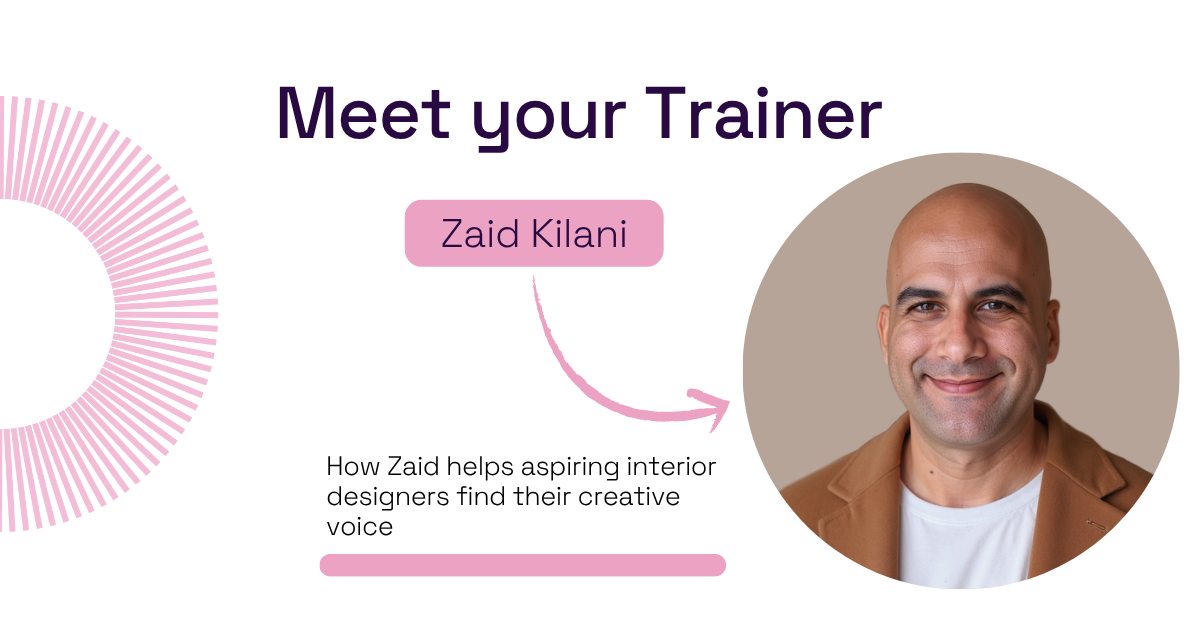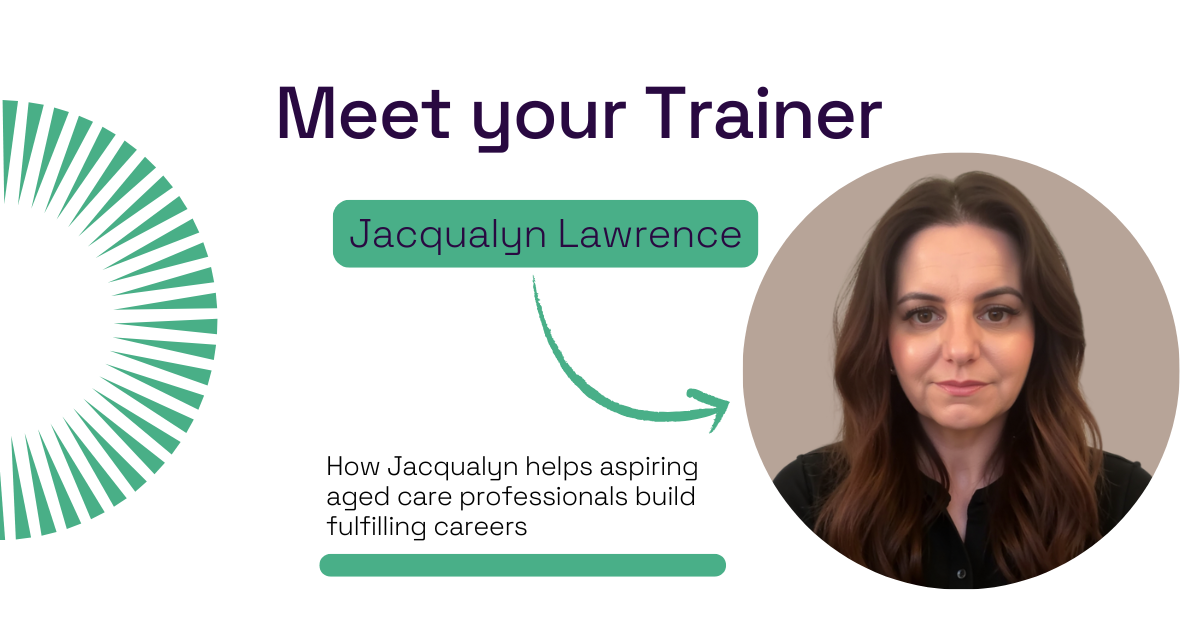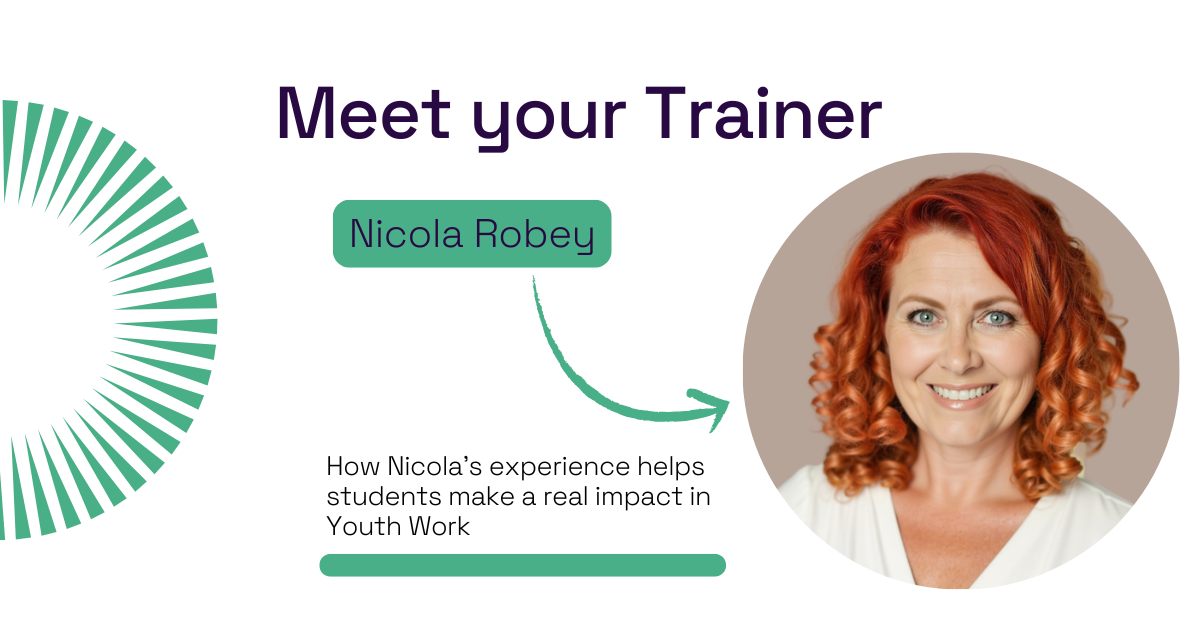Explore our collection of informative and educational blog posts to stay updated on the latest industry trends and expert advice.
What is data science, and how is it being used in Australia?

In the data-driven digital age, big data has become a crucial part of our lives. At its core, big data can be used to drive change and help inform decisions.
But simply having access to this data doesn’t help you answer questions or find solutions to tricky problems. You need a professional to manage, analyse and interpret it.
That’s where Data Scientists come in.
If you’re wondering what data science is, what a Data Scientist actually does and how data science is being used in Australia, then read on.
What is big data?
The first question to answer is: What exactly is big data?
Big data is any large data set that can be analysed to reveal trends, patterns and insights into a specific user group.
The importance of big data isn’t so much the volume, but how you use it. For instance, in the right hands, big data can be used to uncover trends and gain vital insights. Big data can be used by any business or organisation – whether it’s a school, a company, a government agency or a charity organisation.
The digital age is driven by data, which means Data Scientists are in high demand.
What is data science?
We live in the digital age, where data has become an invaluable resource. But without the right tools to analyse this data, it’s almost useless.
Data science is all about collating big data and successfully analysing it. To do this, a Data Scientist usually employs machine learning algorithms to source this information.
Data science can be used in just about every aspect of our lives. An example of data science in the real world would be analysing traffic patterns to optimise routes. Or monitoring and analysing student performance to determine which learners need help in specific areas. Or tracking user shopping habits to offer a more personalised service.
What does a Data Scientist do?
Data Scientists are equal parts investigators, hypothesisers, problem solvers and number crunchers. They use their unique skillsets to collect, store, manage and analyse data. Their work helps to inform decisions, drive improvements, determine trends and predict future outcomes.
To become a successful Data Scientist, you need to have strong analytical thinking skills, be able to understand different programming languages and good communication skills.
How is data science shaping the future?
The most obvious way in which most of us encounter data science in our day-to-day lives is through websites that track and store our data for a more customised experience. You’ll see this in the form of pop-up ads and suggestions based on your browsing and buying history.
But beyond the retail world, data science can actually help drive changes in other industries like education, health and city planning.
For example, wearable devices that can track your heart-rate, your steps, your sleep and more can offer valuable insights into your lifestyle and what you can do to create healthier habits. But if you start thinking about the big picture, you can see how big data could be used to inform healthy lifestyle decisions across an entire community. Even an entire country.
How data science is being used in Australia
Can big data save lives? According to the Australian federal government – yes, it can.
This case study shows how data science is being used to ‘predict and visualise the spread of bushfires.’
Bushfire prediction tool, Spark, is used by the CSIRO to gather geospatial data on topography, vegetation, wind patterns and humidity levels. This data is gathered from Landsat satellites, and is combined with data provided by fire authorities. After careful analysis, it can be used to give an accurate prediction of fire behaviour.
The ultimate goal of Spark is to limit the effects of bushfires, saving lives and reducing the economic burden on communities.
Where can I study a data science course?
If you’re thinking of beginning a career in data science, then now’s the perfect time. Companies and organisations are seeing the benefits of big data, but they need the right people in the right positions to help them make use of it.
Open Colleges has partnered with the Australian Institute of ICT (AIICT) to bring you the Certified Data Professional course. This online course will teach you the basic core skills and knowledge needed to begin a career in data science. It also gives you access to AIICT’s industry partners program, which will help connect you with companies that are actively looking to hire people trained in data science.
This course is split into four different modules. After completing each module, you’ll obtain a globally recognised Azure certification from Microsoft.
Microsoft Azure is a public cloud computing platform. It provides a huge range of cloud services and tools that aim to support businesses and find solutions. As a Data Scientist, you may use Azure to run machine learning workloads in Azure, among other things.
Module 1 – Microsoft Azure Data Fundamentals
This is where you’ll begin – building your foundational knowledge of database concepts within Microsoft Azure. You’ll get basic skilling in cloud data services, learn about cloud data services and the various tasks and responsibilities you’ll be expected to undertake as a Data Science Professional.
Studying for this certificate will provide you with the skills and knowledge needed to prepare for the other certifications in this course.
Module 2 – Microsoft Azure Fundamentals
Get ready to build on what you’ve already learnt and discover how to get the most out of Microsoft Azure when used for data science. You’ll study cloud services, the difference between public, private and hybrid cloud models, core Azure services and understand the importance of privacy, compliance and data protection standards in data science.
Module 3 – Microsoft Azure AI Fundamentals
One of the main roles of a Data Scientist is to uncover trends, patterns and meanings within complex data sets. This can be accomplished through the use of machine learning algorithms.
This part of the courses takes a strong focus on the fundamental concepts of AI and the services within Microsoft Azure that can be used to develop AI solutions.
Module 4 – Microsoft Azure Data Science Associate
Now it’s time to learn how to develop, train, and deploy machine learning solutions. Discover how Azure services can support and augment the data science process, and how to automatically manage and monitor machine learning models.
There’s never been a better time to launch your career in data science. Enrol now in Certified Data Science Professional short course.
See what a career in data science could hold for you.








